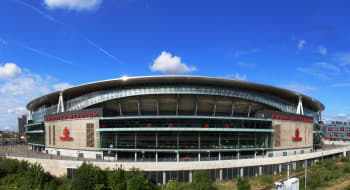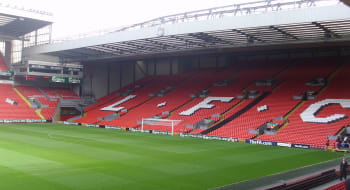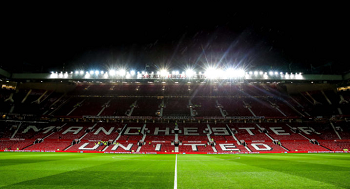Select Currency
-
-
- Arsenal v Manchester United
- Chelsea v Manchester City
- Chelsea v Arsenal
- Chelsea v Tottenham
- Leeds United v Manchester United
- Liverpool v Aston Villa
- Liverpool v Manchester City
- Liverpool v Manchester United
- Manchester United v Aston Villa
- Manchester United v Liverpool
- Manchester United v Leeds United
- Manchester United v Manchester City
- El Classico
-
- Champions League Final
- Champions League Semi Finals
- Champions League Last 16
- Bayern Munich Champions League
- Chelsea Champions League
- FC Barcelona Champions League
- Liverpool Champions League
- Manchester City Champions League
- Napoli Champions League
- Real Madrid Champions League
- Tottenham Hotspur Champions League
-
-
- Wembley Stadium
- Old Trafford
- Anfield
- Emirates Stadium
- Stamford Bridge
- Etihad Stadium
- Tottenham Hotspur Stadium
- Villa Park
- London Stadium
- St James' Park
- Molineux Stadium
- Amex Stadium
- Selhurst Park
- City Ground
- Dean Court
- Toronto Stadium
- Vancouver Stadium
- Boston Stadium
- Mexico City Stadium
- Miami Stadium
- Houston Stadium
- Seattle Stadium
- San Francisco Bay Area Stadium
-
-
Top Events🔥 World Cup 2026 Tickets
-
Why book with FanSeats?
✔ Verified ticket sellers only
✔ Trusted Platforms only
✔ 100% ticket guarantees
-
Currency









